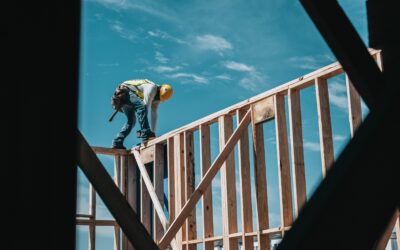Buying land is a great way to invest your money. It can be used for anything from building a home to farming and logging. But when you buy any property, there are many benefits and drawbacks that you’ll want to keep in mind before making any decisions. Here are three ways you can avoid getting burned when buying land:
1. Investigate The Legalities
You should also make sure that the property you’re considering purchasing is zoned for what you want to do with it. For example, if you want to build a home or put up an office building on your land, it must be zoned residential or commercial/industrial. In addition to zoning laws, you must check the property records of your prospective land purchase, particularly if there are any liens against the property (such as unpaid taxes).
2. Consider The Taxes
The next step is to consider how much you’ll be paying in taxes. Taxes can be a significant part of the cost of owning land, and they’re often not something that sellers will disclose upfront.
You should find out what kind of taxes apply to your property so that you can plan for them in advance. Many types of taxes may apply to your land purchase:
-
Property taxes are paid yearly on all properties in your state (or province). These are based on a percentage of the property’s market value, which means that even if someone buys it from you for less than its full price later, their tax bill won’t change.
-
Business license fees are another common fee associated with buying or selling land.
-
Leasehold interest charges represent payments made by businesses who lease space from landlords rather than owning their buildings; these charges typically go up yearly and increase depending on how long they’ve been paying into their lease agreement.
-
Finally, there might also be additional fees associated with closing escrow (such as an appraisal fee)
3. Watch Out For Undisclosed Liens
When you buy land, make sure to do the research. This can be tricky because some liens are hidden and not listed on the property’s title.
Look at county records for liens:
You can find out if there are any legal claims against your property by checking with your county tax assessor or recorder’s office. They’ll let you know if any outstanding mortgages or other liens are on record against the land that may affect its value or salability.
Check with banks and credit unions:
If someone took out a loan from one of these institutions in recent years (say five years), it could have been recorded as a first mortgage against their house and a second mortgage against other properties like this one–even if those loans have since been paid off!
Know What You’re Buying!
If you’re looking to buy land, these are some things you should keep in mind. It can be challenging to tell how much value a piece of property has and whether it’s worth the investment. If you research and ask the right questions before buying anything, chances are you’ll have something worthwhile on your hands!






